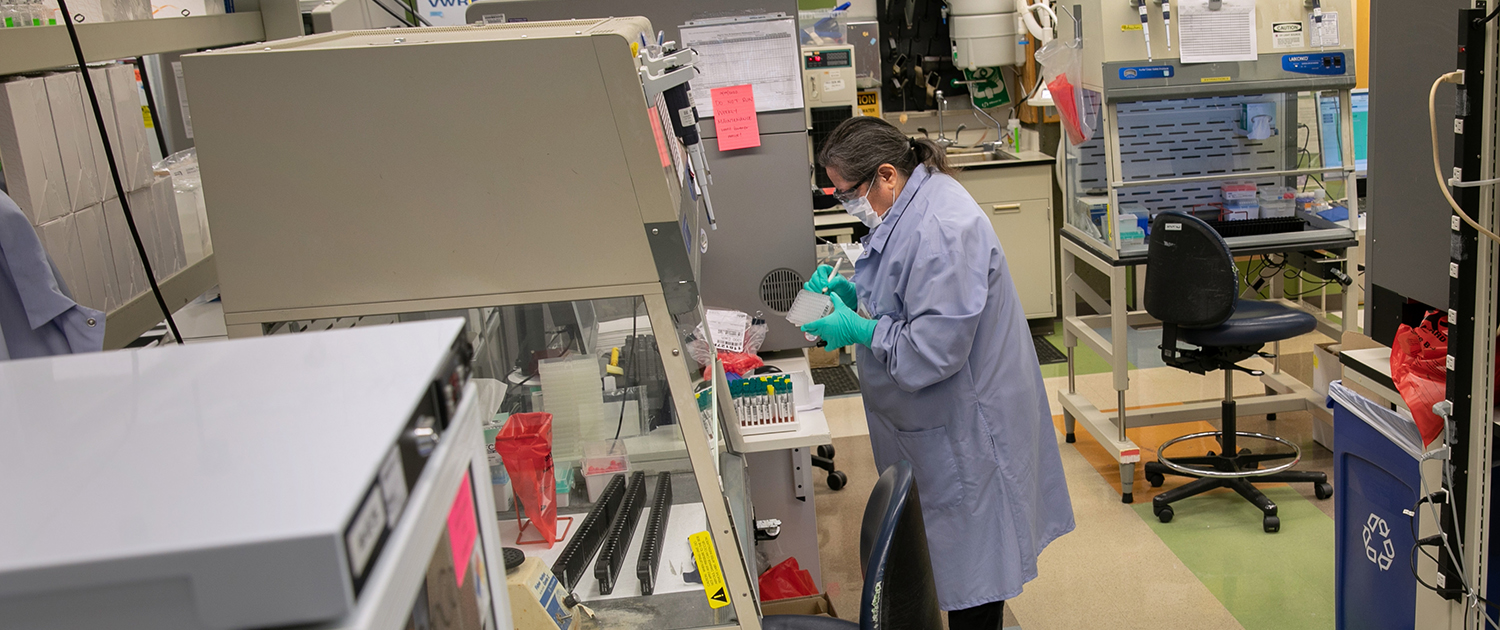

America’s response to the coronavirus outbreak has rightly been lambasted across the political spectrum. Despite possessing unrivaled scientific, technological, and economic resources, our country’s attempt to arrest and control the spread of the virus, especially in the crucial early weeks, was surprisingly ineffective. As a result, we have seen staggering numbers of infections and deaths, and a shutdown that has decimated the economy and impoverished millions of Americans. Meanwhile, countries such as Germany, South Korea, and Singapore have appeared better able to manage the crisis. What went wrong?
Answers abound. But one that informs both media coverage and policy analysis is that our bungled response to the pandemic may be blamed on our inefficient and decentralized political system. Faced with a public health crisis, so the argument goes, our system — with its competing branches of government, undue deference to states and local governments, patch-work health care structure, sprawling and heterogeneous research establishment, and lack of strong, centralized leadership — was sluggish, ad hoc, uncoordinated, and ultimately ineffective.
Notifications